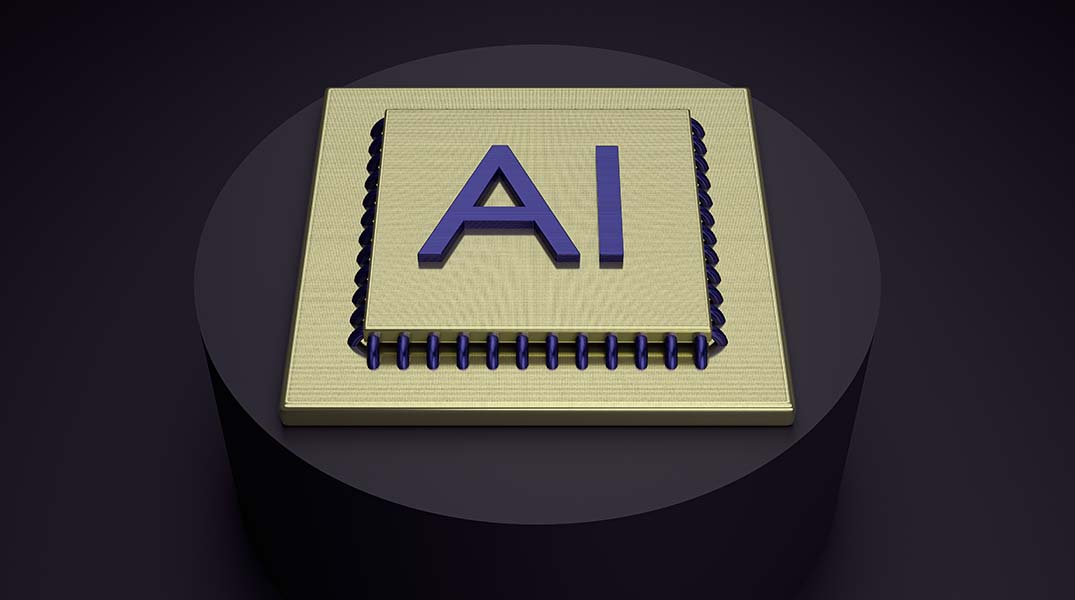New research from Dell Technologies shows that businesses in South Africa are increasingly viewing artificial intelligence (AI) as a strategic priority.
The global study, which surveyed 2 850 business and IT decision-makers – of which 50 were from South Africa – found that 92% of South African companies now view it as a “key part” of their business strategy. Additionally, 32% of South African organisations report seeing tangible productivity and financial returns from initial AI investments.
But despite these promising indicators, 94% of businesses in South Africa struggle to fully integrate AI into every aspect of their operations – while 42% are still in the early-to-mid stages of their AI adoption journey. Challenges such as data security concerns, lack of executive/senior management buy-in, and integration with existing systems/infrastructure continue to hinder large-scale implementation.
The research highlights that while South African companies are making strides toward AI adoption, scaling AI effectively across an enterprise requires a holistic approach. Building infrastructure that supports AI, fostering new skillsets, and prioritising secure and ethical practices are key.
While the interest in AI continues to grow, progress is hindered by three persistent challenges:
- Skills gap: Alarmingly, 100% of the South African companies surveyed believe their teams lack the necessary skills to fully leverage AI. This marks a sharp increase in concerns compared to previous years, especially surrounding the safe implementation of GenAI, an area where 72% of South African organisations report insufficient knowledge.
- Security concerns: The pressure to innovate is often tempered by increasing worries about security risks with 76% of South African companies expressing fears about exposing sensitive corporate data and intellectual property to third-party AI tools – a significant rise from 64% last year. Additionally, 62% of the organisations highlight that it is a challenge to find a balance between innovation and mitigating cybersecurity risks.
- Infrastructure readiness: Many companies find their current IT environments inadequate for the demands of AI workloads. Challenges include increasing processing power (eg. CPUs/GPUs), implementing AI-optimised hardware, and enhancing data security. Without addressing these issues, AI integration efforts will continue to face delays.
An encouraging trend revealed in the report is the increasing link between AI and sustainability goals. Businesses are exploring AI’s potential to optimise energy efficiency – such as smarter data centre management, minimising idle workloads, and moving inferencing tasks to edge computing environments.
“South African companies are at a tipping point,” says Habib Mahakian, vice-president for southern and sub-Saharan Africa at Dell. “The ambition to enhance processes, customer experience, and decision-making through AI is clear, but turning that ambition into large-scale, reliable, and ethical AI applications remains a significant challenge. The biggest hurdle is not just the technology, but also the people and processes around it. AI requires trust, new skillsets, and innovative ways of working.”

